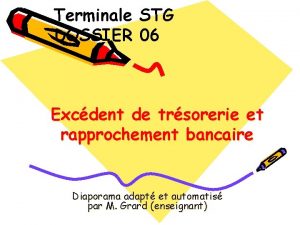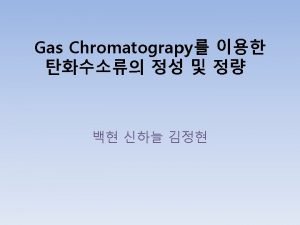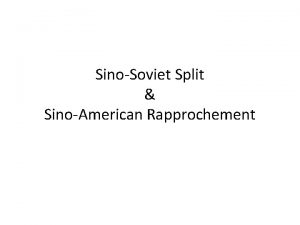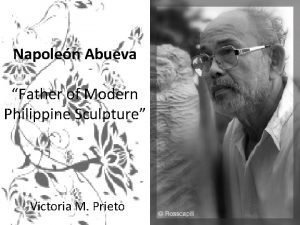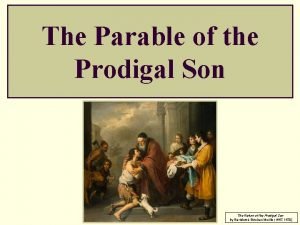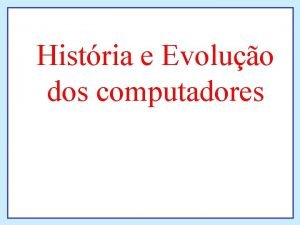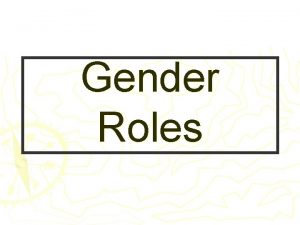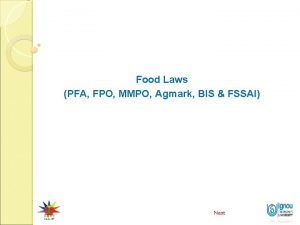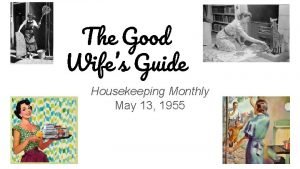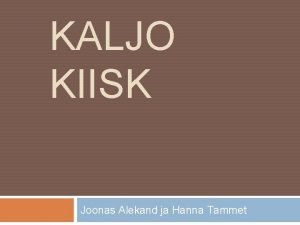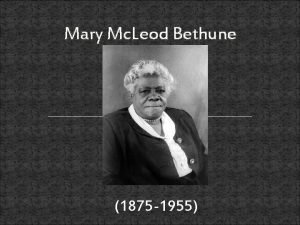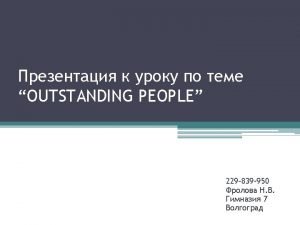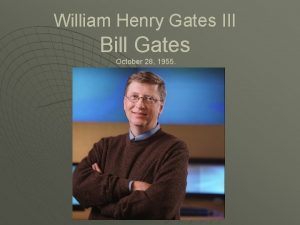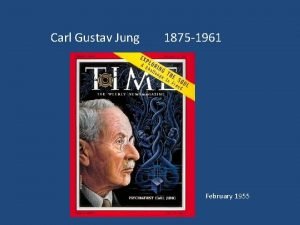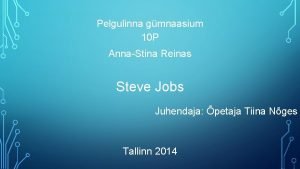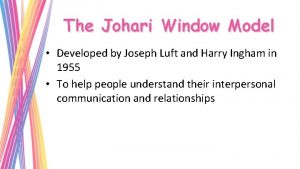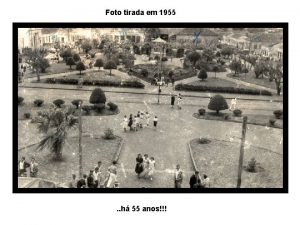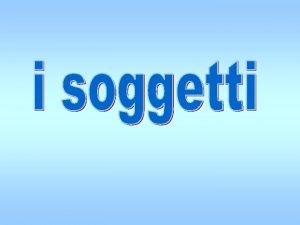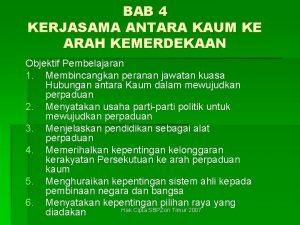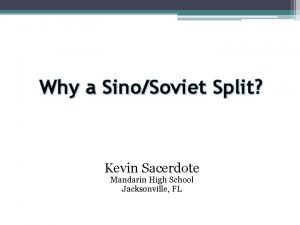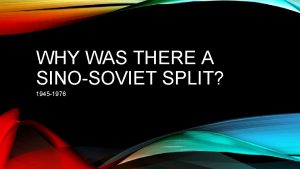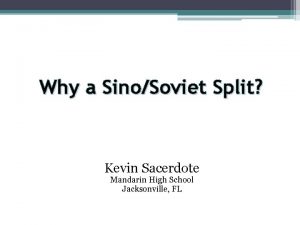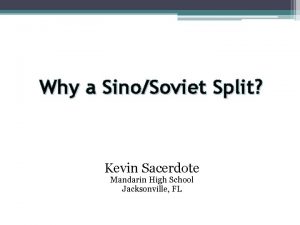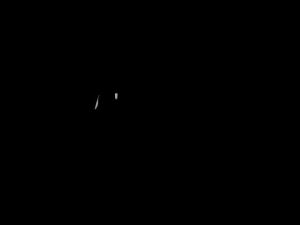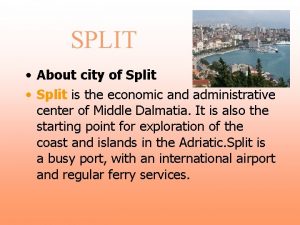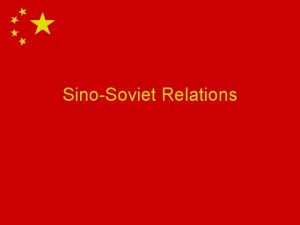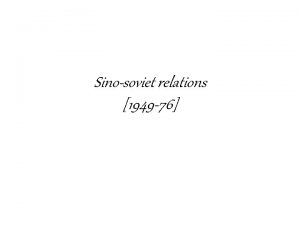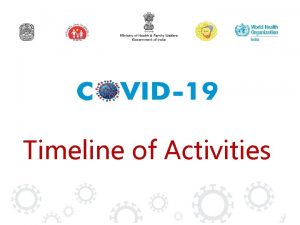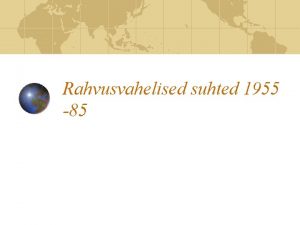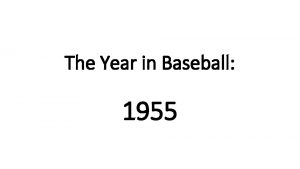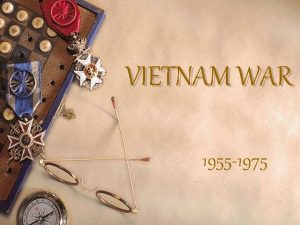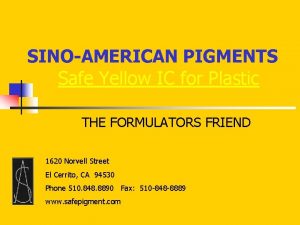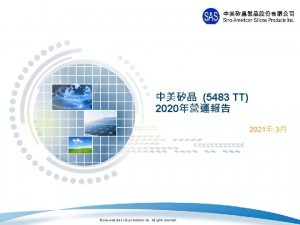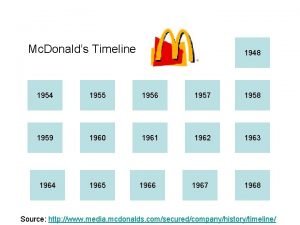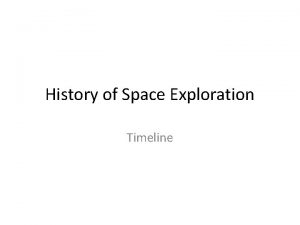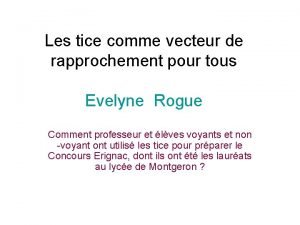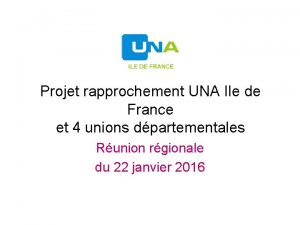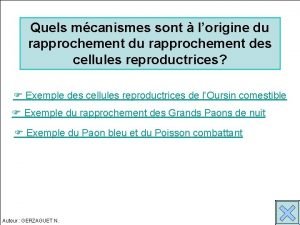SinoSoviet Split SinoAmerican Rapprochement SinoSoviet Split Timeline 1955























- Slides: 23

Sino-Soviet Split & Sino-American Rapprochement

Sino-Soviet Split Timeline: - 1955 Bandung Conference - 1956 Khrushchev’s Secret Speech - 1957 Moscow Conference of International Communist Leaders - 1958 China’s Great Leap Forward - 1958 China accuses USSR of imperialism - 1958 Quemoy Crisis - 1959 Beijing Meeting - 1960 USSR recalls Technicians - 1962 Sino-Indian War (border conflict) & Cuban Missile Crisis - 1964 Khrushchev overthrown - 1966 Cultural Revolution - 1969 Sino-Soviet border conflict

1955 Bandung Conference • Leader of five independent Asian states (Indonesia, India, Pakistan, Burma & Sri Lanka) meet to discuss non-alignment • Decided to invite independence leaders of Asia, Africa and Latin America • PRC leaders joined them • Discussed how to avoid entrapment in the Cold War • Mostly focused on liberation movements against (Western) Colonialism • Led to the creation of OPEC USA – Feared it meant they those attending would drift to communism USSR – feared if they worked together, it would be more difficult for USSR to influence them.

1956 Khrushchev’s Secret Speech • Khrushchev’s speech to the 20 th Congress • Privately ridiculed Stalin’s Cult of Personality • Said Stalin was responsible for the millions of deaths of Soviets • Did not warn Mao of the speech, Mao felt attacked (since he ruled like Stalin)

1957 Moscow Conference of International Communist Leaders • 1956 Poland Hungarian problems showed difficulty of Eastern Bloc reform without democracy. • Met to celebrate 40 th anniversary of Russian Rev. & passed resolution recognizing USSR as the “first & mightiest” of all socialist countries (opposed by Yugoslavia and Poland) • Diversity tolerated, economic aid by USSR given, with understanding of following Soviet political/economic model • Created a new break with Tito, who joined the Non-aligned movement (Bandung Conference) • Outward relations between Mao & Khrushchev friendly, behind the scenes he criticized Khrushchev and felt he (Mao) should be communist world leader

1958 China’s Great Leap Forward • Mao’s plans to surpass Britain’s economic output in 15 years • Wanted to avoid bureaucracy of Soviet 5 Year Plans • Mobilized the peasants into communes to produce food for the cities, and build dams & irrigation projects, created “backyard furnaces” to make more steel (unusable though) • HUGE disaster, crops neglected as people focused on steel, lack of bureaucratic regulation famine 61 million died • Opponents were labeled “rightist” • USSR advisors had warned them against the GLF…led to growing friction

1958 China accuses USSR of imperialism • Plans to build long-wave radio station to enable USSR to communicate with subs & a joint Chinese-Soviet submarine flotilla ended in mutual grievances • Mao wanted the assistance, but did not want joint naval units, he felt China would be subordinated

1958 Quemoy Crisis • August 1958, Mao bombs the Quemoy islands off of Taiwan without telling the Soviets • Taiwan was under US protection, Eisenhower ordered US Navy to escort supply ships, threatens nuclear weapons if China invaded the islands • Mao had no intention of invading, he did want to ramp up the tension with the US to stir up nationalist support for his regime at home • USSR worried China would escalate things with US, doesn’t publically support PRC until they know they won’t invade.

1959 Beijing Meeting • June (1959) Khrushchev refuses more technical assistance with nukes due to upcoming possible nuclear disarmament talks in Geneva • Mao accused his War Minister (Peng Dehuai) of being a Soviet spy for being critical of GLF • In an attempt to heal the rift, Khrushchev visits China • Mao put Khrushchev in a mosquito infested hotel and humiliated him by having him swim with a rubber floaty. • The meeting degenerated into PRC and USSR delegates exchanging bitter insults.

1960 USSR recalls Technicians • Khrushchev recalls Soviet technicians and experts from the PRC • Mao blames the Soviets for the failure of the Great Leap Forward, saying w/out Soviet assistance the GLF failed. • Mao’s struggle is now to defend China from foreign (USA & USSR) enemies • Says USSR betrayed communism, got lazy, so Mao promoted continuous revolution

1962 Sino-Indian War (border conflict) & Cuban Missile Crisis • Indian government accepted the Dalai Lama’s exiled government in April 1959, after an anti-communist protest in Tibet was crushed by the PRC • Incidents occurred along the Sino. Indian border, 9 Indian frontier policemen died, India pushed beyond Mc. Mahon border line Zhou Enlai made • Soviets question PRC’s border claims • PRC attacks during the Cuban Missile Crisis, India doesn’t get help from US • Mao publically ridiculed Khrushchev’s handling of CMC, called him weak, said he should have USED the missiles

1964 Khrushchev overthrown • October 1964, Khrushchev was ousted from power by Leonid Brezhnev due to the perceived weakness during the Cuban Missile Crisis & the lack of successful domestic policies • Zhou Enlai went to USSR to see if relations could be repaired, to no avail • Soviets suggested to Zhou that the Chinese should overthrow Mao.

1966 Cultural Revolution • • • Cultural Revolution launched in 1966 to revive revolutionary enthusiasm (and for Mao to get rid of his enemies) Mao attacked “rightists” and intellectuals Mao attacked the USSR as “revisionist” and not truly Marxist-Leninist Mao regards the USSR as China’s primary enemy. The Soviet Foreign Embassy, was invaded by Red Guards, who also burned down the Indonesian Embassy.

1969 Sino-Soviet border conflict • USSR never gave back Chinese land stolen before Russian Rev. • Each side amassed hundreds of thousands of soldiers • March 1969 conflict erupted on the Zhenbao (Damansky) Island which was on the Chinese side, but occupied by Soviets • Soviet premier Kosygin and Zhou Enlai met to create a truce • Consequence of the skirmish, to BOTH USSR and China to seek better relations with USA

Sino-American Rapprochement Timeline of sorts • Sino-Soviet Split worsening Zhenbao conflict & Chinese border security risks • Mao seeks non-traditional counsel on International affairs • Washington shows a change in attitude towards China • Backdoor channels and ambassador meetings • Edgar Snow & shaping Chinese public opinion • Ping-Pong Diplomacy • Kissinger visits • Nixon Visits

Sino-Soviet Split worsening Zhenbao conflict & Chinese border security risks • Sino-Soviet split had been growing and was complete with the Zhenbao conflict • China had security issue to the North with the USSR, to the South with Taiwan/South Korea/Japan and the West with India • Mao changes Chinese public opinion to begin portraying the USSR as an imperialist, “Soviet Socialimperialism” • This provided the ideological space needed to begin prepping China for US Rapprochement

Mao seeks nontraditional counsel on International affairs • Mao’s “continuous revolution” was running out of steam • Mao cautiously implies that China is no longer the “center of world revolution” showing the US that they are becoming more open • Mao seeks advice from 4 Chinese marshals asking for non traditional solutions showing open to work with US if suggested

Washington shows a change in attitude towards China • Nixon’s inaugural address stressed wanting to work with all countries • 1968 Washington proposes Sino. American ambassadors talk in Warsaw – Beijing responds positively • 1969 – Mao expresses concern to foreign visitors (knowing it’ll get back to US) that he’s concerned about Soviet expansion • July 1969 Washington lifts restriction on Americans visiting China • July 1969 – Prince Sihanouk (Cambodia) delivers message from US that they are interested in visitng China

Backdoor channels and ambassador meetings 1969 – Mao prints Nixon’s speech on wanting to work with all nations for Chinese people to see. • Dec. 1969 US ambassador in Poland approached Chinese diplomat…who runs away! Beijing is notified and gives him the OK to talk to the American • China releases Bishop James Walsh, an American citizen imprisoned for espionage in 1958. • Zhou Enlai tells Pakistan president Yahya & Romanian leader Ceausescu that China would be willing to meet with Nixon…but to hold off telling the Americans for 2 months • Jan.

Edgar Snow & shaping Chinese public opinion • Snow was an American journalist who wrote books showing Mao and China in a positive light. He was not allowed in during the Cultural Revolution • Mao invited him to come to China, had his picture taken with Snow and published all over China (1) Message to US, Mao was willing to receive Nixon in Beijing (2) To begin changing Chinese public opinion of Americans after 20 years of anti-US propaganda

• April 1971, Chinese Ping. Pong team competes in the 31 st International Table Tennis Championship • Ping-Pong most popular sport in China • Chinese players talked to American players at opening ceremonies • US manager asked Chinese manager if US team could play in China sometime • 19 year old American Glen Cowen accidentally boarded Chinese bus, they smile, no one greets him. Then 3 x champion Zhuang Zedong gave Glen a scarf as a gift. • Next day, Cowen gave Zedong a t-shirt with the Beatles slogan “Let it Be” • American team was invited to China Ping-Pong Diplomacy

Kissinger Visits • • July Kissinger secretly meets thru Pakistan back channels to go over agenda for Nixon visit Zhou Enlai demands US remove 2/3 of its troops from Taiwan after Vietnam Kissinger openly visits and sets up the agenda, Mao stressed China’s superior role UN voted to let Beijing have China’s seat and expelled Taipei, Mao linked this victory to being more open to the US

Nixon’s Visit • February 21, Nixon arrived in Beijing and quickly met with Mao • February 28, Sino-American Joint Communique in Shanghai that emphasized their common ground and differences • It allowed China to remain a revolutionary country and claim equal footing with the US • Sino-American rapprochement enhanced Washington’s strategic position in the global context with Moscow détente.
 Exercice état de rapprochement terminale stg
Exercice état de rapprochement terminale stg Splitless injector
Splitless injector Sino soviet split timeline
Sino soviet split timeline Father of modern philippine sculpture *
Father of modern philippine sculpture * Bis food
Bis food The prodigal son hath returned
The prodigal son hath returned Geração 1955
Geração 1955 The good wife's guide 1955
The good wife's guide 1955 Pfa mark
Pfa mark Housekeeping monthly, 1955
Housekeeping monthly, 1955 Perceptual set examples
Perceptual set examples Kaljo kiisk surm
Kaljo kiisk surm 1955-1875
1955-1875 Throwaway living
Throwaway living William henry gates was born on 28 october 1955
William henry gates was born on 28 october 1955 William henry gates iii was born on 28 october 1955
William henry gates iii was born on 28 october 1955 1955-1875
1955-1875 Usa infotehnoloog 1955-2011
Usa infotehnoloog 1955-2011 Joe harry window
Joe harry window Foto 1955
Foto 1955 Legge 12 febbraio 1955 n. 51
Legge 12 febbraio 1955 n. 51 Kerjasama politik ke arah kemerdekaan
Kerjasama politik ke arah kemerdekaan Albert einstein (1879-1955)
Albert einstein (1879-1955) The nursing process
The nursing process
